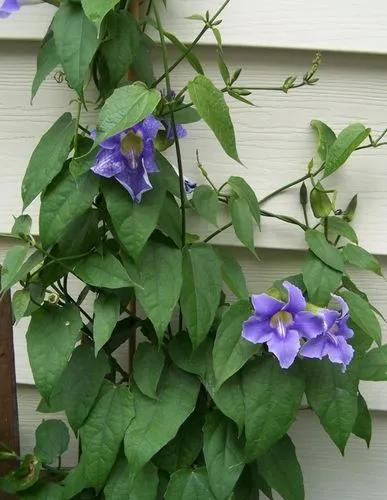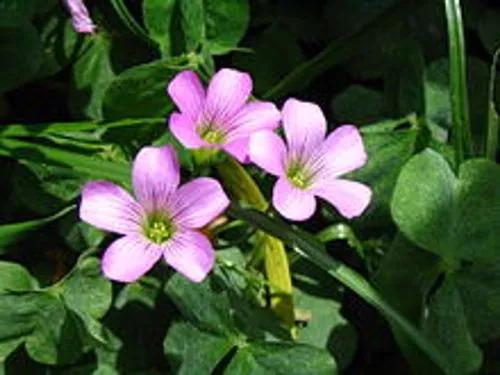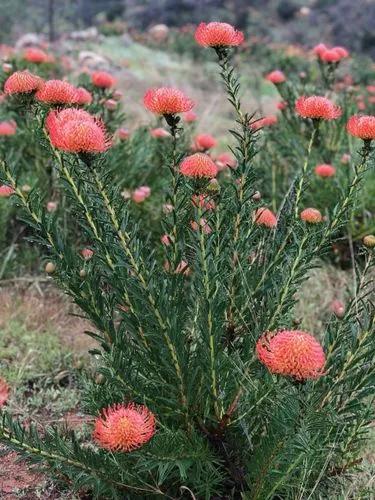Oregano, known as Origanum vulgare in botany, is a herb with a rich history and a wealth of culinary and medicinal applications. Its adaptability, from container gardening to outdoor cultivation, makes it a versatile addition to any garden or kitchen.
Oregano Care
Origanum vulgare



Oregano is a hardy perennial that comes from Europe and Asia, even though it has naturalized in many parts of the world. Also known as Wild Marjoram, this herb is part of the mint family, which boasts aromatic leaves with an earthy fragrance. You can know it for its culinary uses, particularly in Mediterranean cuisine and traditional medicine, and potential health benefits.
A mature Oregano plant reaches 1-3 ft (30-90 cm) and spreads to 1-2 ft (30-60 cm). With its low-growing habit, the herb can be planted directly on the ground or in a pot. If given the right growing conditions, it won’t require a lot of attention and care.
How to Care for the Plant

Water

This herb doesn’t tolerate waterlogged conditions as it’s generally drought-tolerant. Be cautious of overwatering because this can kill the herb. Our tip is to water your Oregano only when the top inch (2.5 cm) of the soil is dry, especially when young. Once established, it can withstand short periods of drought.

Pruning

Pinch back the tips of the plant to make it grow bushier. Also, cutting to shape the plant and removing any dead or leggy stems are good practices as well. When pruning, always practice using sanitized pruning shears to prevent the spreading of diseases.

Fertilizer

Herbs like Oregano typically don’t require heavy fertilization. You can provide a balanced, slow-release fertilizer during the growing season, but avoid overfeeding, as it creates too many leaves at the expense of flavor. A good amount of organic matter in the soil sustains the plant’s need for nutrients so much better.

Sunlight

Full sun is the best light condition for growing Oregano. A daily dose of direct sun for at least 6-8 hours is a must for aromatic leaves. When growing it indoors, place it in a sunny window or provide supplemental lighting. Avoid low light conditions as they can stop the plant’s growth.

Soil

Prepare a well-draining soil with a slightly alkaline to neutral pH. Adding sand or perlite to regular universal potting soil works well for container planting.

Propagation

Propagation of Oregano is through seeds or cuttings. To propagate from cuttings, take a 4- to 6-inch (10-15 cm) stem cutting from a mature, healthy herb, get rid of the lower leaves, and put it in a well-draining potting mix. The potting soil should always be a little moist until the cutting establishes roots. You may cover the cutting with clear plastic to maintain high humidity, prevent it from drying out completely, and avoid direct exposure to harsh sunlight.

Temperature

They are well-suited to temperate climates, particularly in USDA zones 4 to 8. During the growing season (spring, summer), 70 and 80°F (21°C to 27°C) is the perfect indoor temperature range. While it can tolerate some cold, it’s not fond of frost, so it’s best to protect it during freezing conditions. Use protective covers such as cloths or tarps if planted on the ground. If potted, moving the plant indoors is enough.

Container

It's an excellent choice for container gardening because of its compact growth habit and pretty shallow root system. It’s ideal for pots, window boxes, or herb gardens. Remember to choose a pot with good drainage to avoid roots from suffering root rot, and it'll be fine.

Fun fact

One fascinating aspect of Oregano is its rich history and cultural significance. It has been used in ancient civilizations as a symbol of joy and happiness. Also, the Greek name “oreganon” translates to “joy of the mountain,” which references its association with mountain regions.

Popularity

10,711 people already have this plant 910 people have added this plant to their wishlists
Discover more plants with the list below
Related articles






